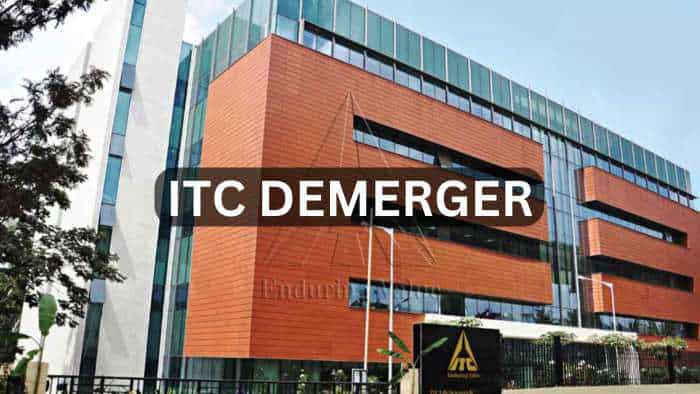Can Buy Now Pay Later become alternative to credit cards? Basic differences, zero interest period, installments and EMI options - Details
BNPL Vs Credit Card: The key advantage of BNPL is that it has increased affordability and instant access to credit.

BNPL Vs Credit Card: Buy Now, Pay Later (BNPL) is gaining popularity, thanks to easy credit access. BNPL is basically a type of short-term financing wherein consumers are allowed to repay the amount within a stipulated time just like the credit card.
In recent times, BNPL has emerged as a credible alternative to credit card usage, largely because of the friction in online usage of credit cards (including entering card details, OTP for transactions and so on).
BNPL products make checkout extremely convenient, at the click of a button. Credit cards, though, were the original BNPL product, followed by some of the consumer durables loan products that offer interest free EMIs.
BNPLs have much lower customer scrutiny and are meant for smaller values. Most fintech BNPL credit lines are less than Rs 10,000.
"The key advantage of BNPL is that it has increased affordability and instant access to credit. The transactions are also very safe and secured and the overall process is very simple and transparent," Amit Das, founder and CEO, Think360.ai, said.
To apply for a credit card, one needs to meet strict eligibility criteria. On the other hand, BNPL facilities can be availed much more easily.
The major difference between the two is that credit cards can be used with any business that accepts payment mode and the BNPL can only be used in transactions with a partner merchant.
"BNPL is democratising credit and it’s arguably easier to understand and avail. Unlike credit cards, there is no approval time and zero annual fee. The best part though, is this - your BNPL credit limit can be as high as Rs 10 lakh even without a formal credit score. The number of BNPL users in India is set to touch 100 million in less than four years," Rajat Deshpande, CEO and co-founder, FinBox, said.
BNPL Vs Credit Card Interest Free Period
While credit cards offer 50 days zero interest period, BNPL products offer 1-15 day interest free period.
Mahesh Shukla, founder and CEO, PayMe India, said that BNPL is more popular among young people who are cash-strapped and don’t possess a traditional credit card.
"While credit cards and other loan options involve extensive checks of a borrower’s credit history and repayment capabilities, the BNPL transactions are simple and even someone with low CIBIL score can also avail them," he said.
He, however, said that any failure or delay in repayment in BNPL attracts interest charges just like a credit card. It can impact an individual's credit score as well.
According to Rachit Chawla, founder and CEO of digital lending marketplace Finway FSC, the BNPL transactions in the country grew 21 per cent in the first half of 2022, which is significantly higher that the global growth rate of 18 per cent of the segment.
Globally, the BNPL market size was valued at $ 5.01 billion in 2021 and is projected to grow at a compound annual growth rate (CGAR) of 26 per cent from 2022 to 2030.
Click Here For Latest Updates On Stock Market | Zee Business Live
HDFC Bank FD interest rates hiked; senior citizens to get up to 7.75% return
Get Latest Business News, Stock Market Updates and Videos; Check your tax outgo through Income Tax Calculator and save money through our Personal Finance coverage. Check Business Breaking News Live on Zee Business Twitter and Facebook. Subscribe on YouTube.
RECOMMENDED STORIES

Latest FD Rates: Know what SBI, PNB, Canara Bank, HDFC Bank, ICICI Bank are providing on 1-year, 3-year and 5-year fixed deposits

Top 7 Mutual Funds With Highest SIP Returns in 1 Year: Rs 33,333 monthly SIP investment in No. 1 scheme has generated Rs 4.77 lakh; know about others too

Rs 55 lakh Home Loan vs Rs 55 lakh SIP investment: Which can be faster route to arrange money for Rs 61 lakh home? Know here

Top 7 Mid Cap Mutual Funds With Highest SIP Returns in 10 Years: Rs 13,333 monthly SIP investment in No. 1 fund is now worth Rs 67,61,971

Rs 4,000 Monthly SIP for 33 years vs Rs 40,000 Monthly SIP for 15 Years: Which can give you higher corpus in long term? See calculations
03:52 PM IST









